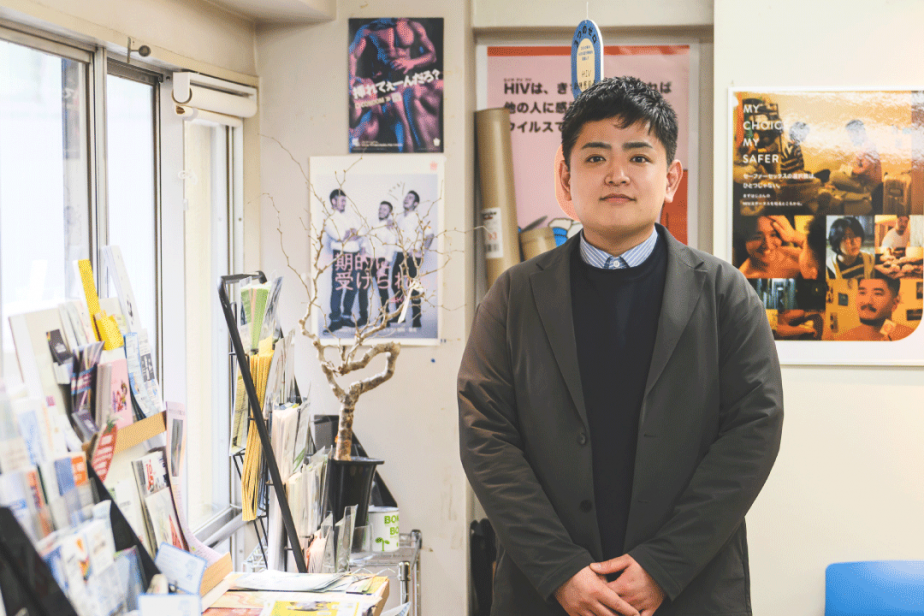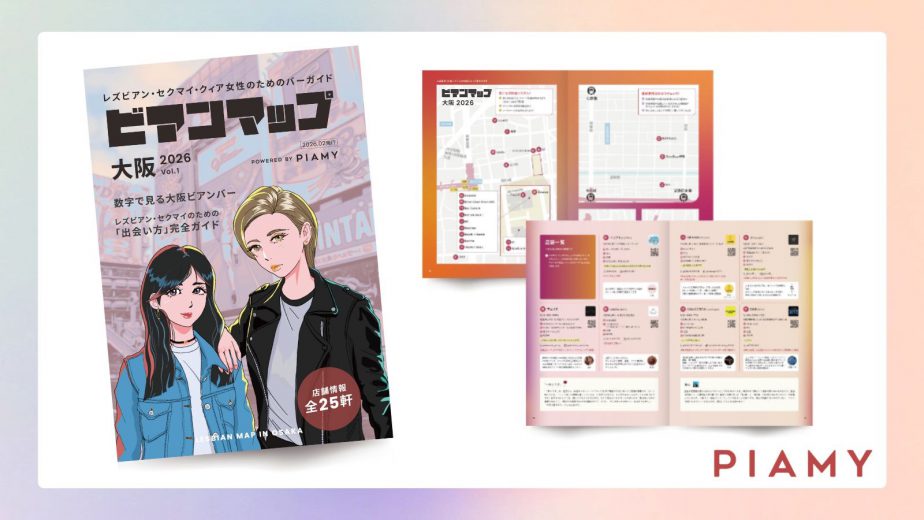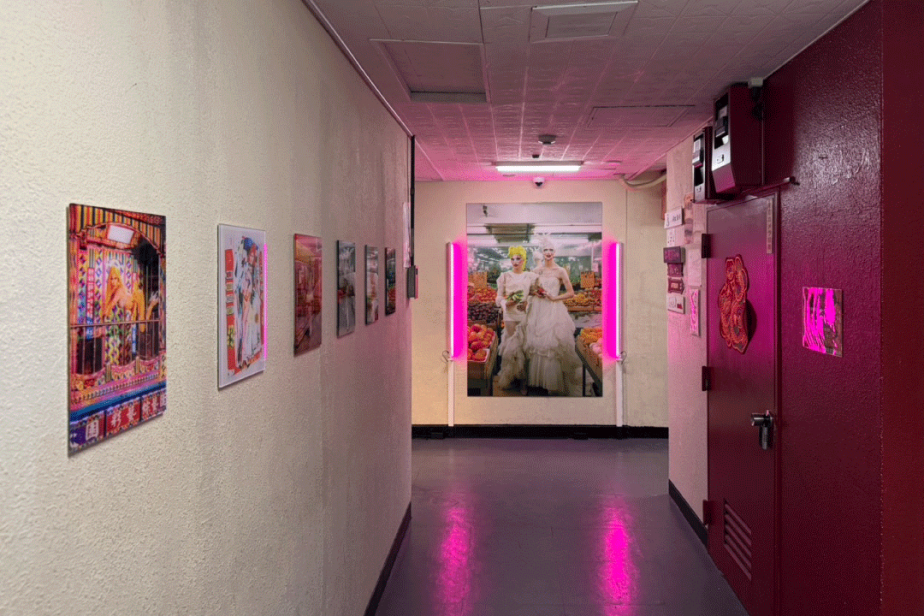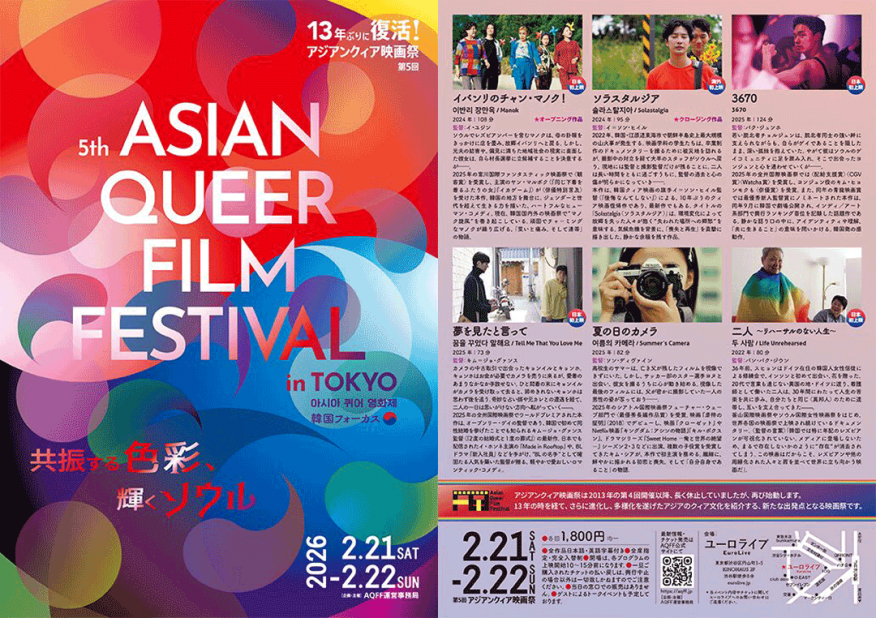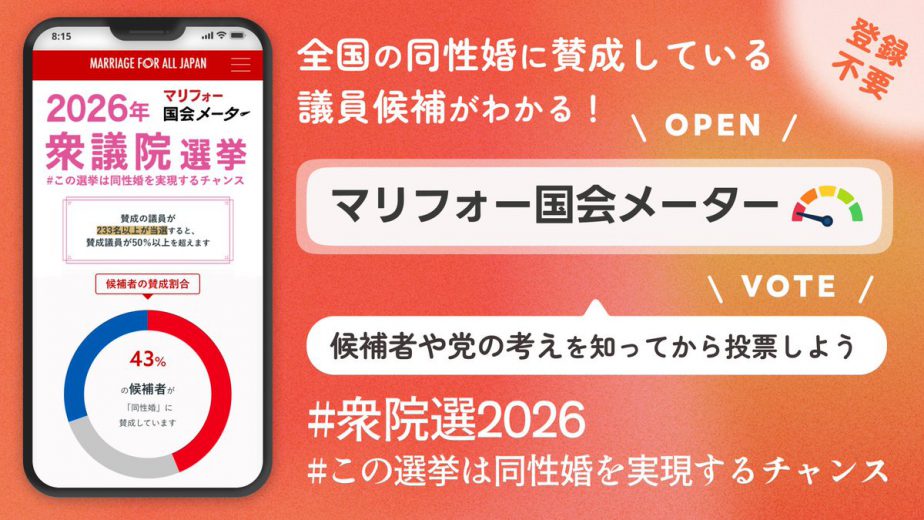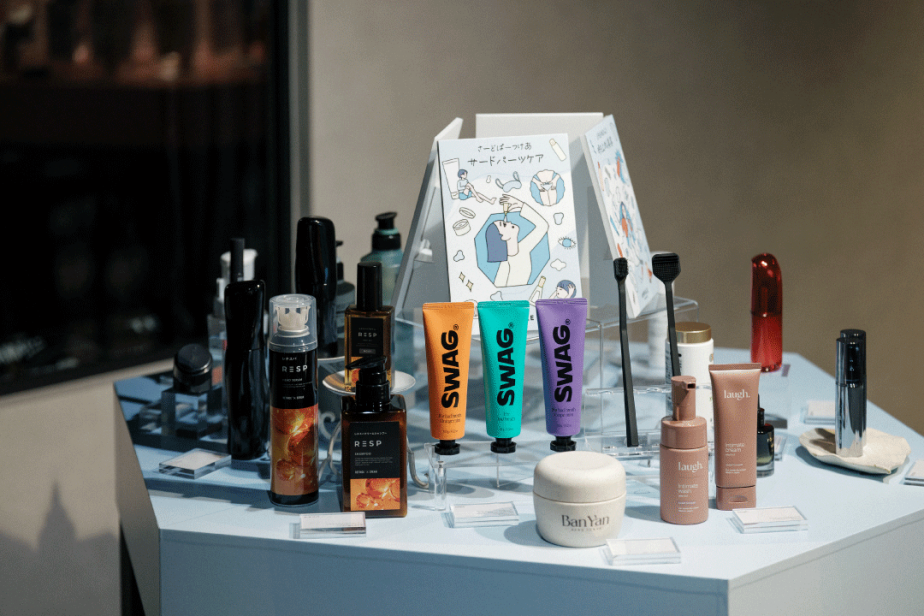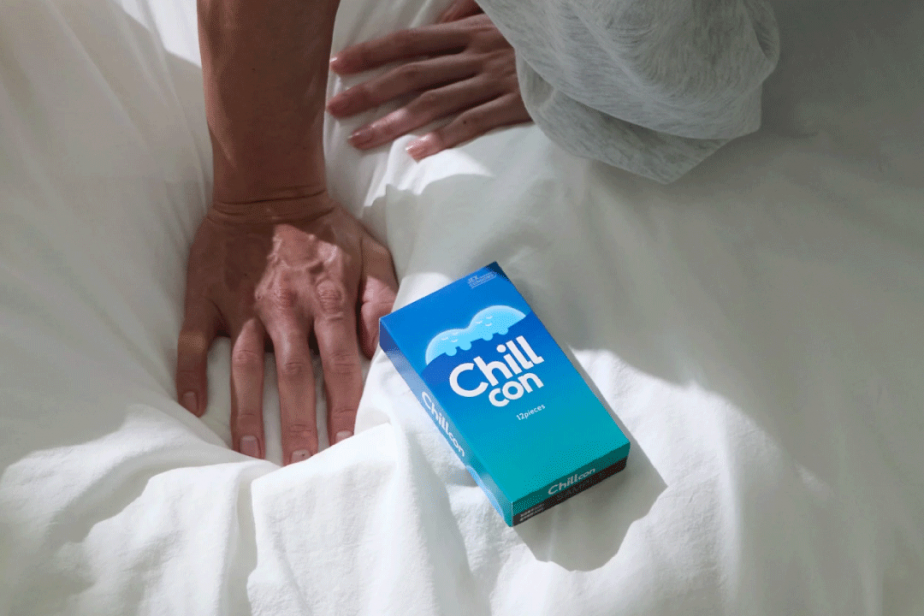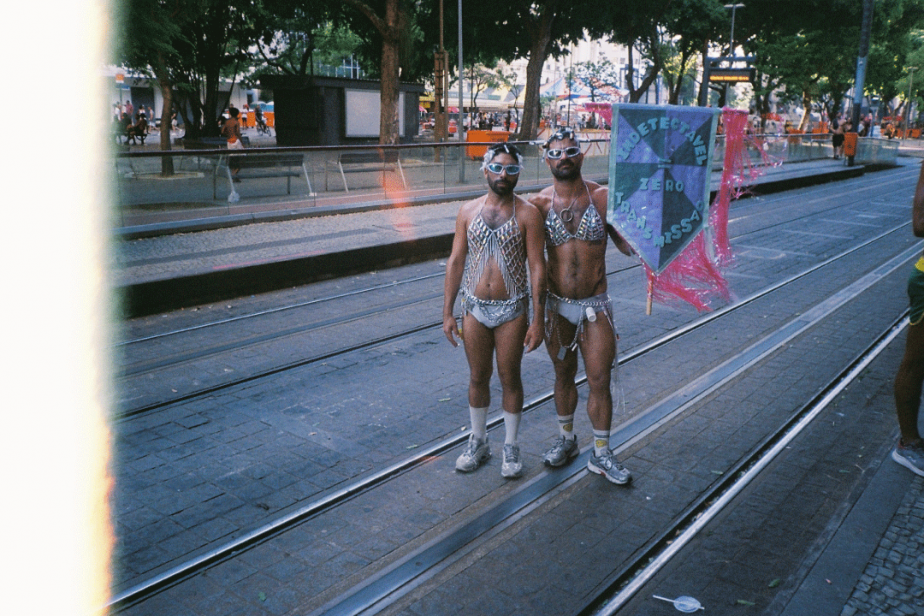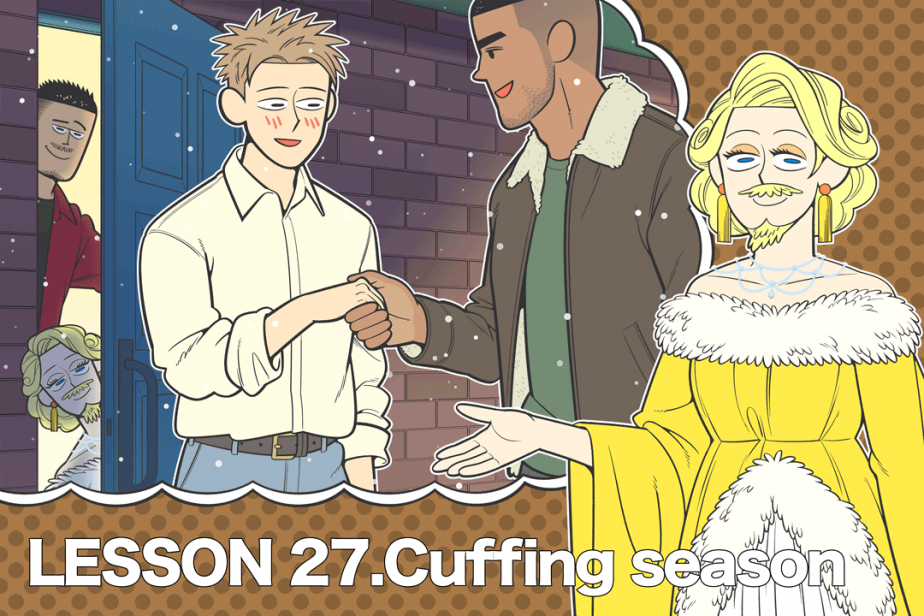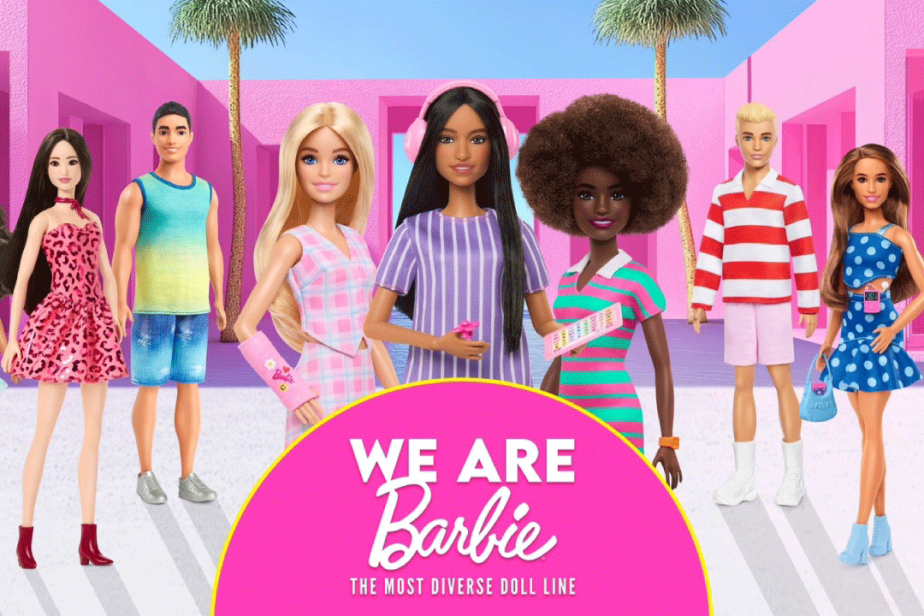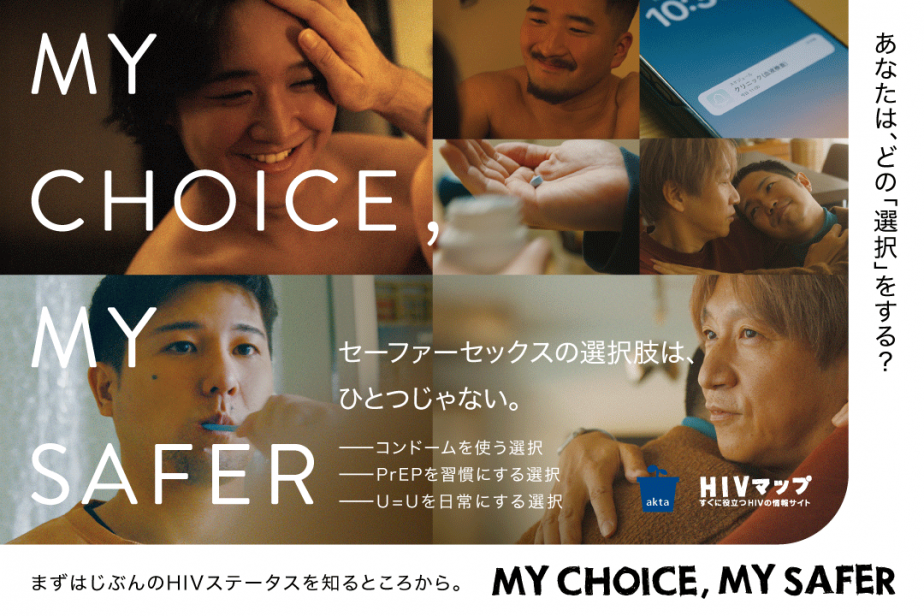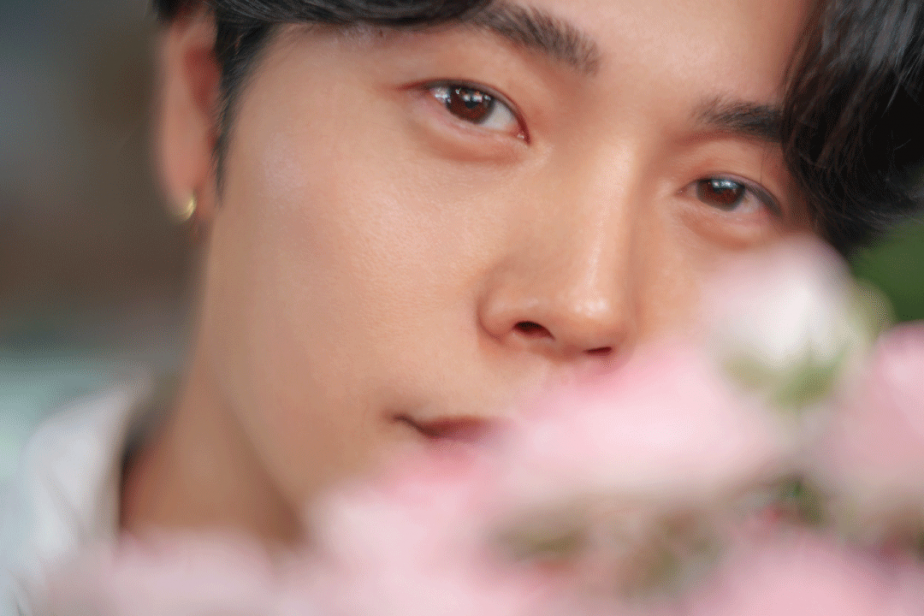
「What’s Amsterdam like?」 is an irregular series of articles introducing LGBTQ+-related topics and events that are based on local interviews conducted in Amsterdam. Incidentally, Amsterdam is the capital of the Netherlands, which was the first country to legalize same-sex marriage – something worth remembering.
In the fifth edition , we interviewed Dune and Feroza, who were visiting the Polderheuvel Pride event in Nieuw West, the west side of Amsterdam. We asked them about their views on family and raising their daughter, Nazira.

ーーI want my daughter Nazira to grow up to be respectful and accepting of everyone.
ーーThank you for your cooperation despite the short notice (we did a crash interview!). Could you briefly introduce yourselves?
Dune: It’s totally fine, don’t worry about it. My name is Dune. I was born in Amsterdam to an Indonesian mother and a Turkish father, and I will be 41 this year.
Feroza: My name is Feroza. I am from the Indische Buurt in Amsterdam (a multicultural neighborhood) and I will become 39 this year. I do singing for a living.
Nazira: My name is Nazira, I am 9 years old and I have an older sister 7 years older than me. My hobby used to be drawing, but since they bought me a smartphone I haven’t been interested in drawing at all… (laughs).

ーーThank you. Could you tell us about how you met and became a couple?
Feroza: I met Dune four years ago, on 21 October, in a café where people of black descent gather. I had just broken up with my girlfriend at the time, but when I saw Dune I instantly fell in love. I was going through a lot of difficulties when we met, but now I’m happy that we’ve overcome them and are spending time together.
Dune: One of the difficulties Feroza mentioned was that at the time I met her, I had just lost a dear friend, someone from the LGBTQ+ community, who was having a hard time living and made the choice to take his life by overdose.
I was feeling down for a while, but I was able to recover thanks to Feroza, who has been there for me from the moment we met until now. I am very grateful to her because she has made me the person I am today.

ーーYou mentioned that you two are in a partnership system, how do you think same-sex couples in the Netherlands view the form of marriage?
Feroza: I am not sure. I think it really depends. For example, some people don’t choose to get married because they say ‘getting married is like pandering to hetero culture’, while some people get married because of the symbolic connotations. Of course, there are those who would get married anyway because it’s tax-deductible.
In any case, they have talked about what they want to be and have made a choice that is in line with their lifestyle. And I think the most important thing is not what form it takes, but whether or not you can develop true love in the relationship you choose. As long as you can do that, you can get through anything, no matter what form it takes.
As a consequence, some people choose partnership over marriage because of the simplicity of the procedure, regardless of sexual orientation.

Dune: The right to ‘marriage’ was won by the queer community’s strong belief that everyone should have equal rights, but it is up to them to choose whether they want to carry it out or not. It is good to have equal rights, including being able to make a choice. On the other hand, it is very unfortunate that you do not yet have such a right to decide in Japan.
I understand that there are people in Japan who want to have same-sex marriages, like in the Netherlands. The Netherlands also went through such a period in the past, and here we are now. I hope that people in Japan will continue to have strong feelings about this issue.
In the past, inadequacies were pointed out in the Netherlands, such as the difficulty for same-sex couples to adopt a child, or the fact that when two women are married and one of them has a child, the biological mother of the child can use the maternity leave system, but her partner cannot. Recently, however, the system is gradually being improved.

ーーDid you have any special feelings about bringing your daughter, Nazira, to the Pride Parade?
Dune: I believe that it is essential for people to receive quality education in a safe place in order for them to grow into open-minded people. This time we came here together as part of that. Nazira once asked me, “What is transgender?” and I think we have a duty to explain those questions correctly.
Feroza: Children are innocent and so they have honest reactions, such as ‘weird’ or ‘scary’, to what is in front of them. We cannot blame them for that in itself. But if it was, for example, an LGBTQ+ person, then even if a child makes the comment, it would still be hurtful. I wanted Nazira to see and feel from an early age that it is normal that there are many different people.

ーーI think you have a wonderful belief. How did you feel about actually coming to the Pride Parade, Nazira?
Nazira: Hmmm… It is both a bit boring and fun (laughs).
Dune: haha (laughs). I would be happy if she got some idea of what kind of people her mothers are though (laughs). I would be happy if she will be accepting and respectful towards everyone. It is really important for children to learn that it is totally fine to be from any culture, religion or sexuality. It is also important to have a place where they can learn, so I think it’s been a good experience for Nazira to come here.

ーーPolderheuvel Pride organisers aim for ‘LGBTQ+ rights to be protected worldwide’
Polderheuvel Pride, held for the first time this year, offered free fruit, sweets, lemonade, and coffee along with providing a playground, as well as face painting and a stage performance by a gay chorus. The area around the venue is home to many conservative Muslim families with relatively low incomes, and one of the aims of the event was to create contact with them.
The organisers said: ‘’We saw some families where the parents were LGBTQ+ people and they brought their children, and we also saw some families who came consciously because their children are LGBTQ+ people themselves. There were also families who happened to pass by and dropped by, so it was a mix of different people”, and they were pleased to see a busy venue.

Finally, when we asked the organisers about the society they are aiming for, they replied: “We are working for a society where LGBTQ+ rights are protected all over the world and everyone is treated equally, but unfortunately it will not happen in my lifetime. However, we think it is important for us to keep trying”.
■What’s Amsterdam like? #5
Interview and text/HAGA Takashi
Photo/EISUKE
Interpreter/Kuwabara Karin (Saw Communications)
Cooperation/ The Embassy of the Kingdom of the Netherlands in Japan, Dutch Culture
Article produced by/ newTOKYO

※This interview was conducted as part of a visitors program organized by the Embassy of the Kingdom of the Netherlands in Japan.


